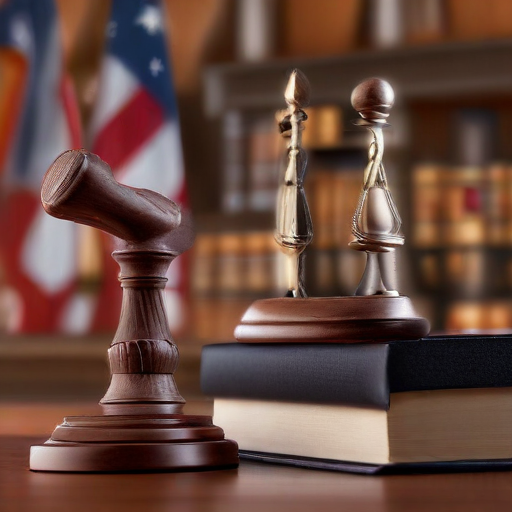The Illinois Supreme Court has officially overturned Jussie Smollett’s conviction for allegedly lying about a hate crime, a surprising 5-0 decision announced on Thursday. The court ruled that a prior agreement made between Smollett and Cook County State’s Attorney Kim Foxx, which allowed for the dismissal of the original charges in exchange for community service and a $10,000 bond, should have been upheld.
In their ruling, the justices acknowledged the significant public interest and dissatisfaction surrounding the original case’s resolution but emphasized that it would be unjust for the state to disregard its agreements, especially when individuals have relied on them. The ruling drew parallels to a recent Pennsylvania Supreme Court decision regarding Bill Cosby, underscoring the importance of honoring prosecutorial promises.
Following the ruling, Smollett’s legal situation appears to be clear from a criminal perspective. Legal analyst Gil Soffer stated that the Supreme Court found the original charges should not have been filed, allowing for Smollett’s conviction to be dismissed. Although he may still face civil consequences, such as potential claims for restitution from the city of Chicago, his criminal record has been wiped clean.
Special Prosecutor Dan Webb expressed his disagreement with the ruling, asserting that it set a troubling precedent for future prosecutions in Illinois. He maintained that substantial evidence against Smollett existed and clarified that the recent ruling did not exonerate him of wrongdoing.
Smollett was originally convicted in 2021 for faking a racist and homophobic attack in 2019. Following the new ruling, Smollett’s team remains steadfast in asserting his innocence and condemning what they described as a “vindictive prosecution” fueled by public opinion rather than factual evidence.
As both sides reflect on this ruling, the case illustrates the ongoing complexities of the criminal justice system and the importance of judicial integrity. Moving forward, it may serve as a precedent for how legal agreements are treated, ensuring that defendants’ rights are protected and public trust in the legal system is upheld.
This development can be viewed as a positive reminder of the judicial system’s responsibility to honor agreements and uphold due process—a crucial element to ensuring justice is fairly administered for all.
